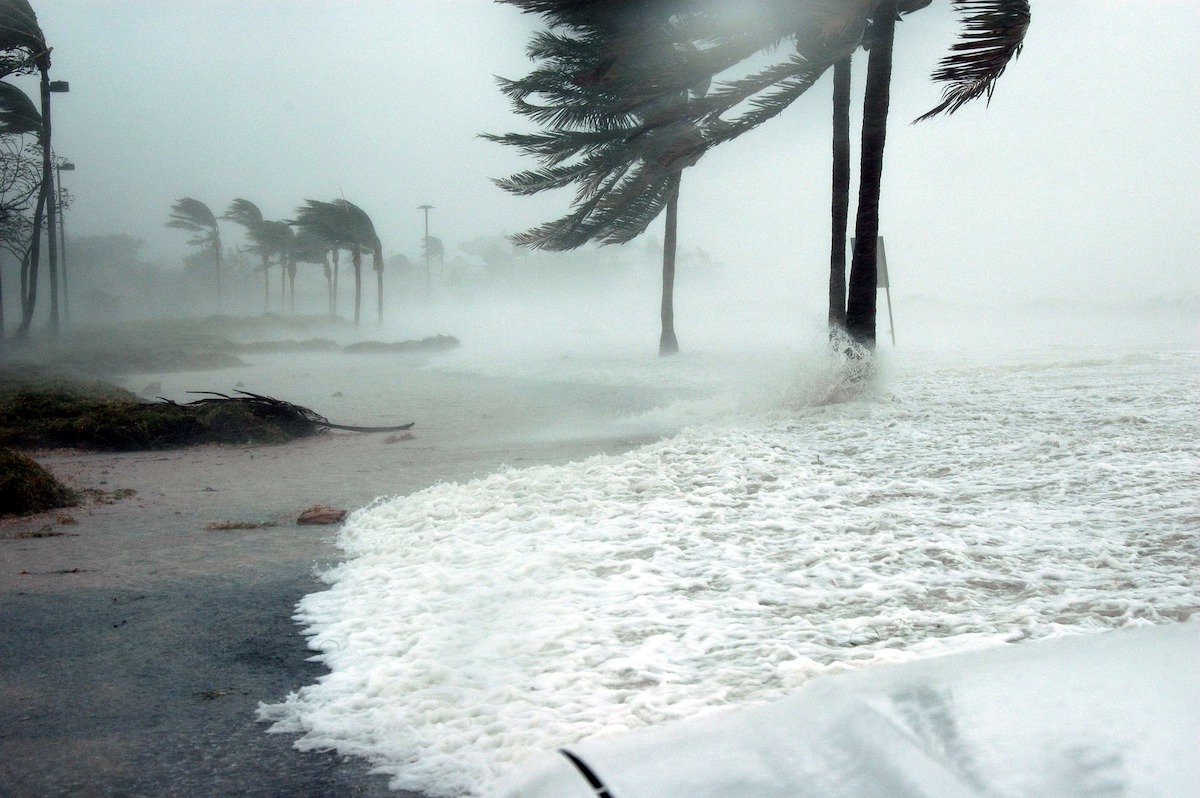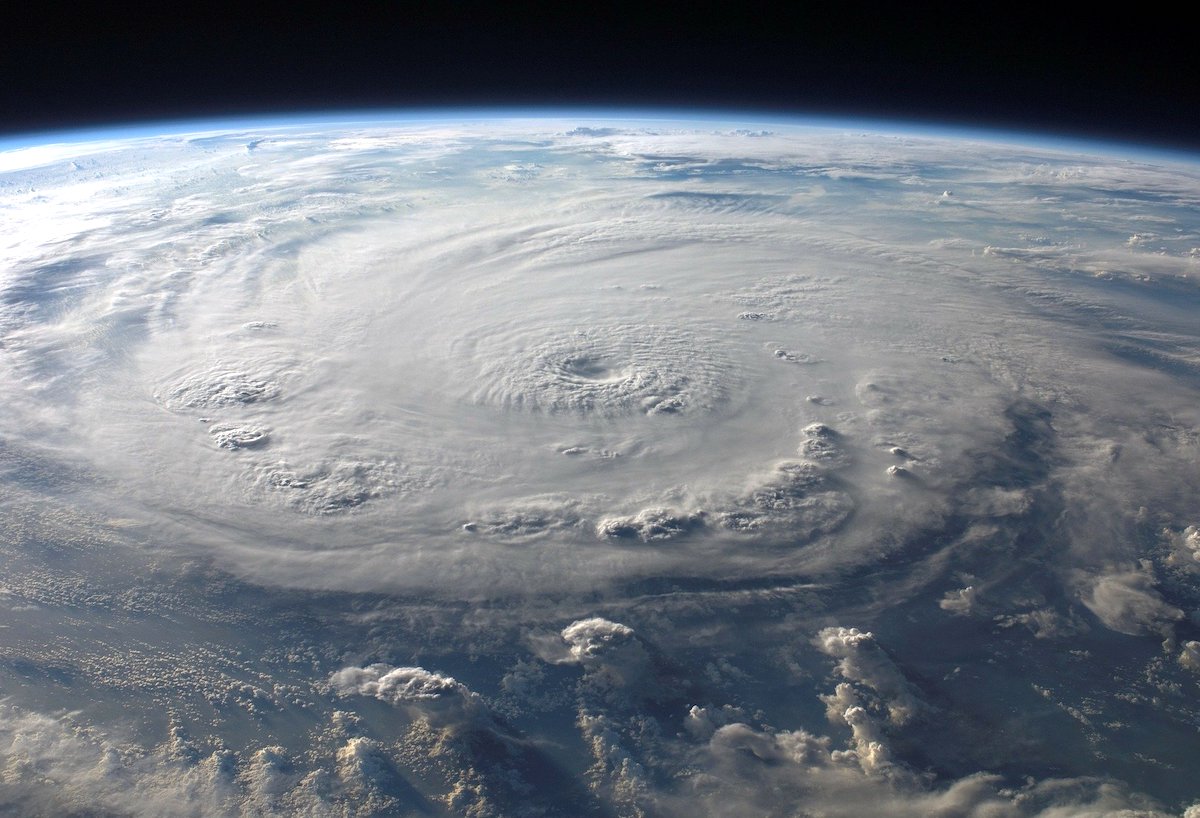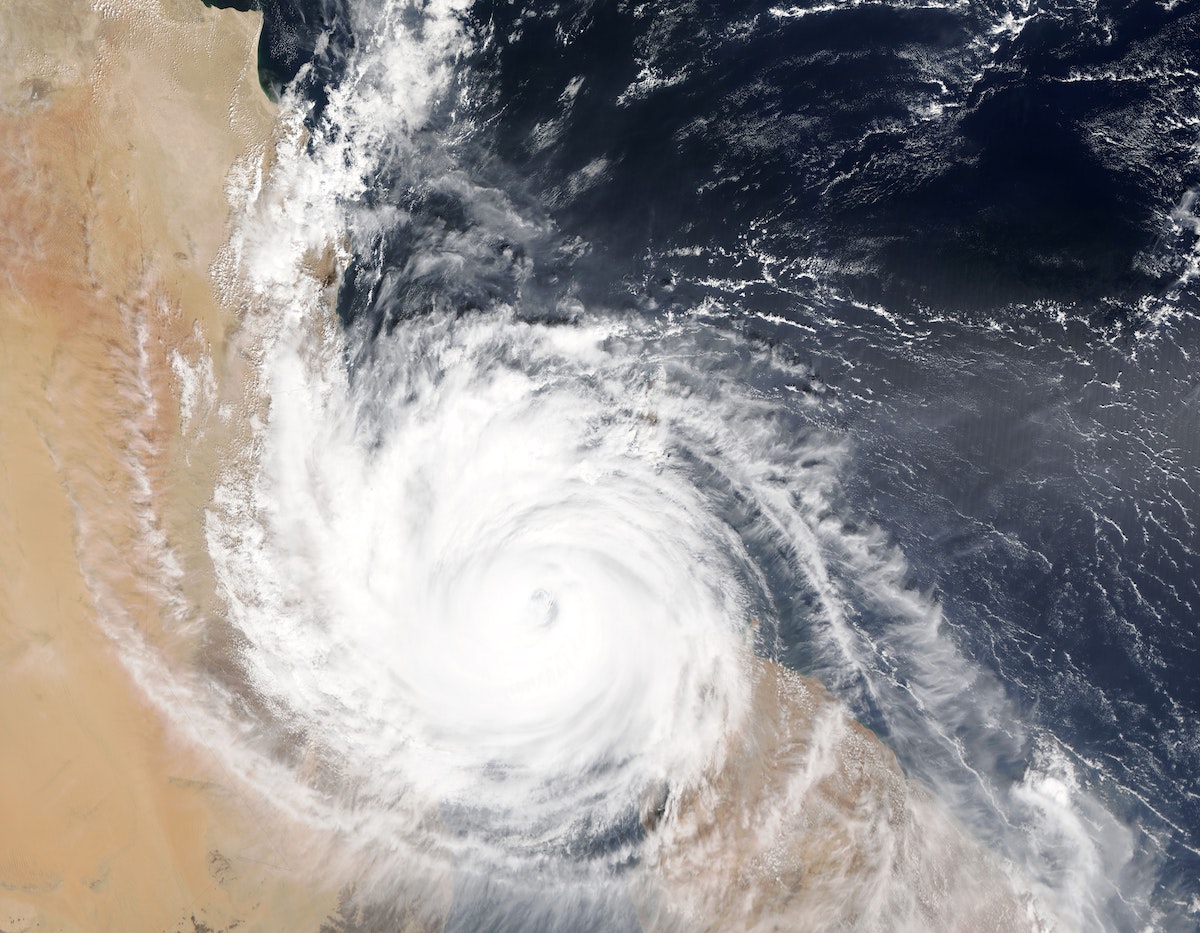-
Research brief: Greenhouse gases responsible for increases in heavy precipitation

A group of international researchers using CMIP6 models to determine how heavy precipitation events will alter with climate change. The northern hemisphere in particular showed a strong warming signal for increased precipitation.
-
Research brief: CMIP6 models show some improvement over Australia

Australian researchers assess the ability of recently released climate models to simulate the climate of Australia and the new scenarios for 21st Century climate change.
-
Research brief: Analysing a storm within a storm

A recent study by CLEX researchers analysed a sub-cyclone that was part of a major Mediterranean storm in 2012. The results showed how the storm intensified and gave an insight into how these structures can be better forecast.
-
Research brief: Historical records show Australia is unprepared for future flooding.

CLEX researchers and colleagues find Australia’s infrastructure would be unable to deal with past flood events and thus is very likely to be unable to mitigate future flooding under climate change.
-
Research brief: Okubo‐Weiss zeta parameter top performer for tracking frequency of future cyclones

New research finds Okubo-Weiss-Zeta parameter scheme has superior performance detecting tropical cyclone frequency characteristics compared to the CSIRO tracking scheme.
-
Research Brief: SST adjustments radically alter projections of tropical cyclones in a warming world

Most climate models correct for current SSTs but don’t correct for the reliability of future SSTs. This study shows that making that additional correction has a profound impact on how tropical cyclones will develop in a warmer world.
-
Research Brief: ROME among the clouds with new radar metric

To better assess the degree of organisation in radar observations CLEX researchers developed the Radar Organisation Metric (ROME). ROME’s statistical properties suggest it is able to distinguish between the degree of convective organisation, and it also captures different regimes of the monsoon in Northern Australia.
-
Research brief: Simulating tropical cyclones with ACCESS

This two part paper examines the capacity of ACCESS to simulate tropical cyclone climatology and then used the same model to examine the relationship between climate variables and tropical cyclone formation.
-
Research brief: Comparing precipitation measurements over land from in situ, reanalysis and satellites.

Focusing on the land regions around the world, the researchers assessed the representation of annual maximum of daily precipitation (Rx1day) across 22 observational products gridded at 1°x1° resolution.
-
Research brief: How clouds generate waves that affect vertical atmospheric motion

Observational studies over Darwin, Australia, show gravity waves provide a plausible explanation for the patterns of noteworthy variability in mesoscale motions. The findings suggest a two‐way coupling of clouds to their environment
